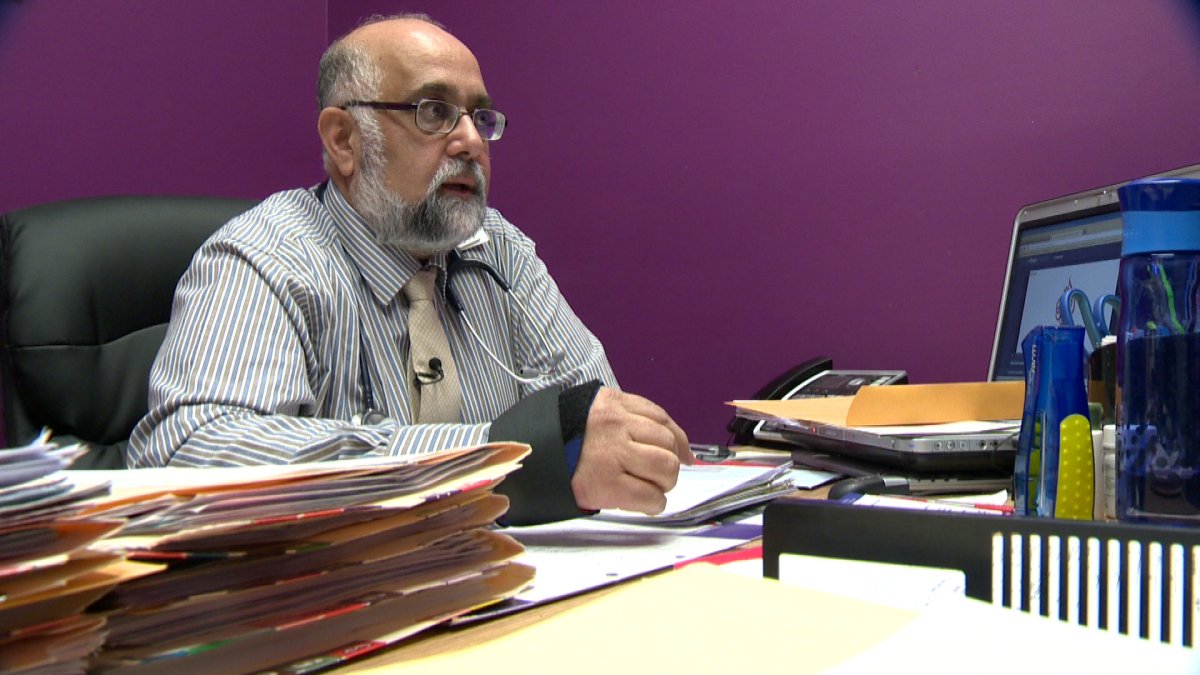REGINA – The Saskatchewan government is injecting money into the health care system to ensure patients don’t wait as long for medical care.

It’s estimated 40 people account for 1,600 visits to the emergency department in the Regina Qu’Appelle Health Region (RQHR), initiating a push to keep emergency departments for emergencies only.
“Most family doctors have the accommodations for the patient and we want to keep the pressure off the emergencies as much as possible,” said Regina family physician, Dr. Mohamed Moolla. “On average, most family physicians are keeping at least 40 to 50 patients out of the ER and only referring those that are absolutely required to go to the ER.”
Dr. Moolla says he sees about ten to fifteen patients in addition to his regular schedule looking for emergency care.
“I would suggest to patients please make contact with your regular family doctor before going on to emergency. Or before connecting with a walk-in clinic,” said Dr. Moolla.
A new pilot project highlighted in the 2014 provincial budget aims to keep those super users out of the ER.
“It’s really about wrapping services around them where they live in the community and I think it’ll go a long way to addressing the specific needs of these individuals whether they are mental health or other medical needs,” said Health Minister Dustin Duncan.
The Regina health region will be working with Saskatoon to develop a plan by this summer.
- Posters promoting ‘Steal From Loblaws Day’ are circulating. How did we get here?
- Canadian food banks are on the brink: ‘This is not a sustainable situation’
- Video shows Ontario police sharing Trudeau’s location with protester, investigation launched
- Solar eclipse eye damage: More than 160 cases reported in Ontario, Quebec
However, the union representing psycologists and social workers says the problem relates to under-staffing.
“If they would beef up those services that those professionals do, you probably would see a reduction to access in the emergency wards,” said the President of the Health Sciences Association of Saskatchewan, Karen Wasylenko. “So that would be a plus if they could do that.”
The budget also allocates $60.4 million to reducing surgical wait times to eventually provide all elective surgeries within three months.
“So that pays for prosthesis. It pays for operating time. It pays for everyone associated with provision of that surgical care,” said Dr. David McCutcheon with RQHR.
The surgical initiative began four years ago and was expected to be wrapped up by next month, but RQHR says it needs at least another year in order to meet the target.




Comments